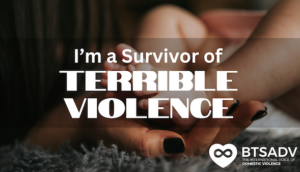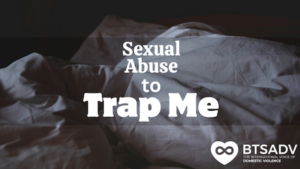By Jessica M. Corvo
“OMG! That was so exciting! I wish this moment would last forever!! I’m so blessed! Living my best life!! *wink*”
Raise your hand if you have heard this before. Raise your hand if you have said this before. I am guilty of saying this more than a few times. Typically, I say this after a new experience. I’m a sucker for awesome experiences that make my heart skip a beat: dancing in waterfalls on tropical islands, diving with giant sea turtles and even watching the world turn in the middle of an orchestra of cicadas. I’ve also said this when I thought I was in love.
“There are only two ways to live your life. One is as though nothing is a miracle. The other is as though everything is a miracle.” – Albert Einstein
Pause. Have you ever thought about why moments are exciting? Moments are exciting because they tap into our emotions. The most memorable moments touch our hearts.
“I’ve learned that people will forget what you said, people will forget what you did, but people will never forget how you made them feel.” – Maya Angelou
Emotions
Emotions are part of our experiential system. Psychology Today defines emotions into three broad domains:
- Sensory-Perceptual Experiences: Things you can see, hear, taste, touch, and smell.
- Drives: The idea that you want to experience positive things and avoid things that are bad.
- Emotions: “Response sets” encourage us to take action based on our perceptions and drives.
Consciousness
Emotions are part of our consciousness. Victims are encouraged to recognize patterns in their behavior, emotions, and thoughts to reduce the risk of being emotionally hijacked by an abuser. For our purposes, the victim in a domestic violent relationship was emotionally hijacked by an abuser. “Knowledge is Power” and “Awareness Before Change” are useful mantras to constantly encourage exploration of one’s consciousness.
As an example, narcissistic abuse is a very common form of domestic violence. This is a brilliant articulation of the process to hijack one’s emotions and/or consciousness.
In 1979, Lenore E. Walker interviewed 1,500 women with the intention to discover patterns of behavior in abusive relationships. Her findings were coined “Cycle of Abuse”. Attracting both critics and admirers, this four-stage cycle continues to be the starting point for discussions within the domestic violence space. Scott Allen Johnson thought Walker’s “Cycle of Abuse” was oversimplified and expanded the cycle into 14-stages whereas Donald Dutton acknowledges Walker’s “Cycle of Abuse” as accurately describes all cyclically abusive relationships.
Getting Hooked
From an abuser’s perspective, abuse is a systematic process to control their target. From a victim’s perspective, abuse is a confusing time filled with overwhelming emotions. The way in which abusers get victims addicted is by weaponizing love. Human nature is to focus on simple emotions, such as love, and suppress difficult emotions like pain. Getting hooked means doing things and behaving in a way so the abuser rewards the victim with love.
According to the National Domestic Violence Hotline, emotions, specifically, love, is one of the top ten reasons why victims of domestic violence do not leave abusive relationships. Victims will oftentimes criticize themselves with “If only I was a better partner, then they [my abuser] would love me.” When victims are in an emotional state, it is very easy to confuse control with love. This confusion results in unconsciously justifying the abuser’s behavior. Justifications start small and as time passes, abusive behavior has been normalized and victims find themselves justifying horrendous behavior without realizing it.
“To handle yourself, use your head; to handle others, use your heart.” – Eleanor Roosevelt
Break The Addiction
Breaking the addiction is not easy. It’s a process. It took time to get addicted to the cycle. It will take time to recover. Simple advice we can offer is continued awareness. Please know breaking an addiction or recovery is a lifelong process. Each time you catch yourself thinking about your abuser, shift your mind to do something special for yourself. Put your hand on your heart to remind yourself of your strength. Remind yourself of your worth. Remind yourself that you are capable of incredible things and this too shall pass.
To support your personal growth journey, we invite you to join our Self-Care Challenge.
If you or someone you know is in an abusive relationship, there is help. You can visit the Break the Silence Against Domestic Violence website at www.breakthesilencedv.org or chat with one of our helpline advocates at 855-287-1777.
========
Share Your Story
Sharing our stories can be incredibly empowering while also helping others connect with survivors who have similar experiences. If you are inspired to share your story with us, submit here. You can choose to remain anonymous.
You can also donate to BTSADV here.










